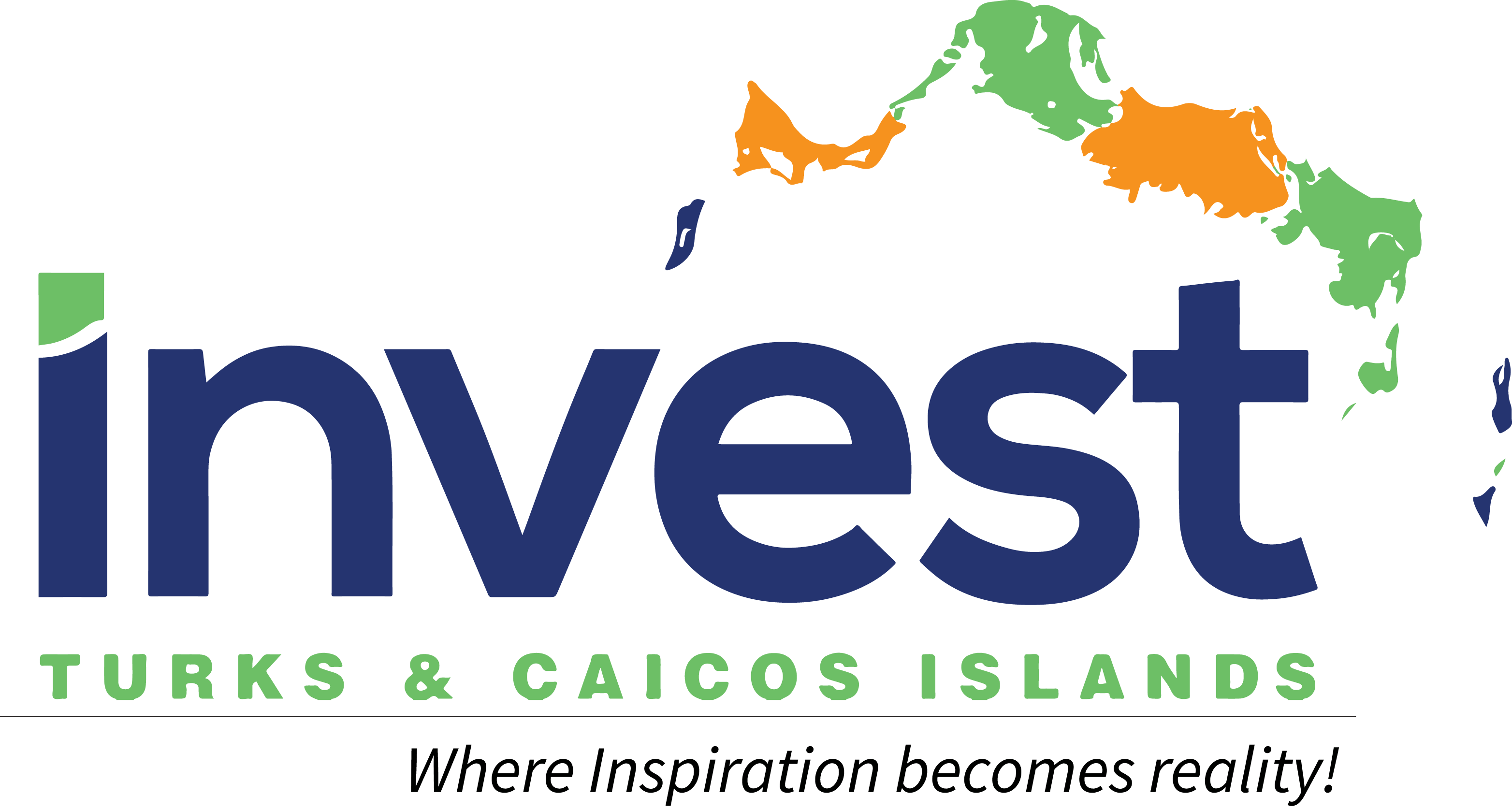
First-mover advantages are rife in Turks and Caicos for entrepreneurs and more-established financial service providers who can offer much-need banking solutions on the islands.
Financial services in the Turks and Caicos are dominated by three Canadian traditional retail banks, but they have become more risk-averse and are looking to divest, leaving more island residents ‘unbanked’.
“That means this economy, which is booming and very successful, is not offering the sort of financial services that its people want,” says David Stewart, a partner at Providenciales-based Griffiths & Partners Attorneys.
Located in the Caribbean, the islands’ 2021 per capita gross domestic product (GDP) increased 0.7% from 2020. In the years before the pandemic in 2020 – the only year where per capita GDP decreased since the 2008 financial crisis – it rose 6% in 2019 and 7.3% in 2018 compared with the prior years.
Beyond an underbanked population, the islands are also home to a large population of guest workers who remit money home.
For financial services start-ups, SMEs, or traditional retail banks that can provide access to bank accounts and money transfer services, there is real opportunity to make inroads in an untapped market.
“There is a very strong demand for fintech products and money transfer. Money transmission here is very expensive and very old fashioned,” says Stewart. “There is a cauldron boiling of demand for financial services here that is different from other territories.”
The island has regulation and infrastructure in place and can offer incentives to companies that are looking to locate there.
“There are fast-track services available that can relieve the [legislation and regulatory] concerns for individuals,” says Drexwell Seymour, a partner at accounting firm HLB TCI.
Plus, unlike traditional financial services hubs such as London or New York, Turks and Caicos offers year-round sunshine, beaches and that laid-back island lifestyle.
“We would like to encourage fintech businesses to think about basing themselves here, because it is an attractive place to live and work,” says Stewart, who first arrived in Turks and Caicos in 1990 from the UK and moved there permanently in 2015. “We can offer attractive tax and residence incentives and then hopefully grow a sector.”
Priming the pump
Much of the investment that pours into the Turks and Caicos Islands is driven by the tourism, offshore finance and fishing industries, but there is a push to diversify its economy by establishing a robust financial services economy.
“Our government is ‘priming the pump’ of our financial service sector, and we are seeking to aggressively grow our market share,” Minister of Finance, Investment and Trade the Honourable Erwin ‘Jay’ Saunders said in April.
The creation of TCI Finance, which will be tasked with promoting and raising awareness of Turks and Caicos as a financial services jurisdiction, has given the sector’s development momentum. The new entity, a not-for-profit venture between the private sector and government, is chaired by the minister of finance.

“TCI Finance has been established and the Board is functioning,” Seymour says. “We are currently in the process of recruiting a CEO for the organisation, which we hope to have in place by early 2023. Once the CEO is selected, we expect to see more awareness and promotion of the financial services in the Turks and Caicos.”
Stewart says that TCI Finance will “start a dialogue about how we can better use our National Wealth Fund, that can invest in local projects. We also would like to see a fund for domestic entrepreneurs, a venture capital fund set up that could provide seed capital.”
Those embedded in the Turks and Caicos financial services sector recognise they are at the beginning of the journey and know there is much work ahead to develop a strong, well-rounded sector, but they are experienced, ambitious and up to the task.
“There is two tracks,” Stewart says, when asked what the future of the sector looks like.
“One is to build and maintain the essentials to have a financial services hub. Track number two is looking at how we differentiate and specialise, and we are looking in particular at ESG and environmentally friendly funds,” he says.
This development, however, hinges on getting the right people.
“We need new people and new skill sets, and we need people to come here and help us grow,” he says. Currently there are grassroots efforts in place to train local talent.
The tourism economy, and along with it the entire economy in Turks and Caicos, is set to grow. A new airport that is being built will “transform the economy further”, says Stewart. “There will be much more demand and so with all those visitors who will be coming year-round, I think there is going to be much more opportunity.
“We would like to see that opportunity being won and developed by domestic entrepreneurs,” he says.


